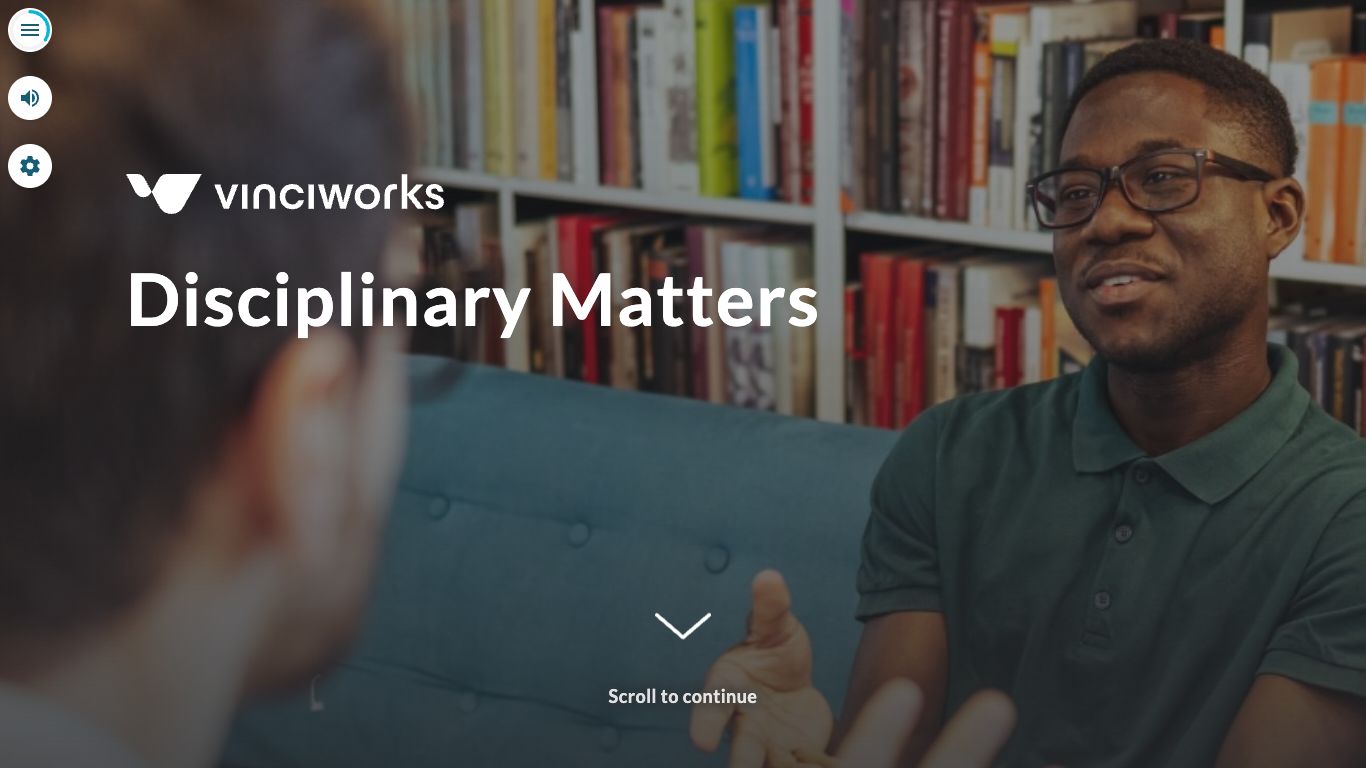Disciplinary Matters
This course looks at both informal and formal routes to resolution and sets out key steps to follow when conducting an investigation.
Description
Organisations can face a wide range of disciplinary issues, from relatively minor problems like poor timekeeping and excessive chatting to more serious problems such as bullying and harassment, theft, fraud or misuse of company equipment. If left unaddressed, even minor issues can have a profound impact on productivity, morale and working relationships - so it's essential to address them as quickly and effectively as possible. Informal disciplinary conversations aren't part of an organisation's formal disciplinary procedure - but they can be a very effective way of tackling issues at an early stage before they become more serious, with a focus on helping the employee to improve rather than imposing sanctions. While some minor problems in the workplace can be dealt with informally, more serious issues may require investigation. Workplace investigations can cover a wide range of offences and will form the basis for any formal disciplinary action. Formal disciplinary meetings are held as part of an organisation's disciplinary procedure, usually to consider a more serious aspect of misconduct or poor performance. This course looks at both informal and formal routes to resolution and sets out key steps to follow when conducting an investigation.
Features
- When it's appropriate to use informal resolution to address a disciplinary problem
- When it might be necessary to go down the formal disciplinary route and what this will entail
- How to conduct a disciplinary investigation and write an investigation report
- What you'll need to do if you're asked to chair a disciplinary hearing



